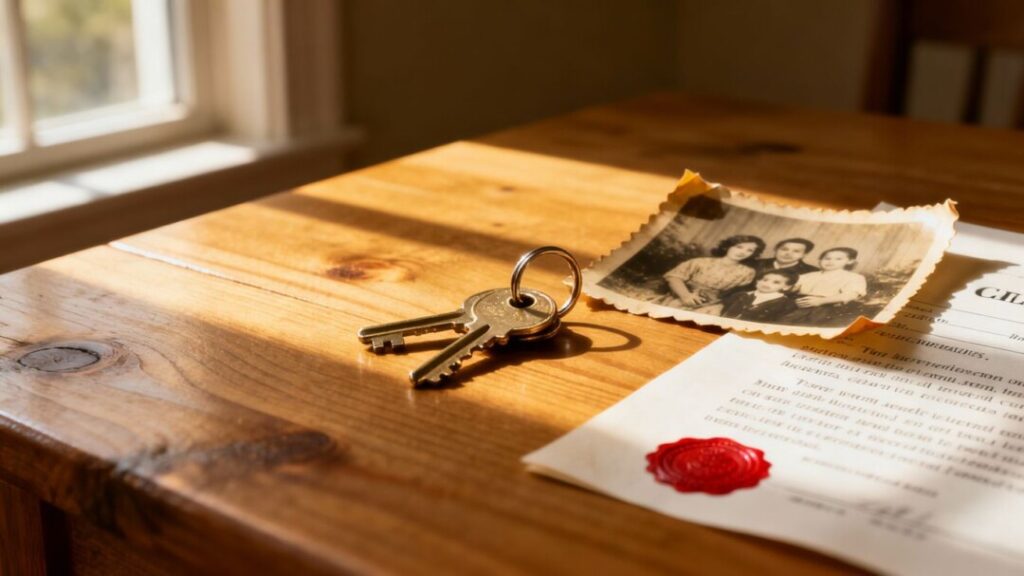Inheriting a house can be both a blessing and a challenge. While it may come as a welcome asset, navigating the legal, financial, and emotional roadblocks involved in selling an inherited property is far from straightforward. Understanding the steps and pitfalls before you list the property will save time, money, and stress for all involved.
Key Takeaways
- Confirm legal authority to act before listing the home.
- Evaluate ongoing expenses and establish an agreement with co-heirs.
- Consult professionals for legal, tax, and real estate guidance.
- Prepare the home for sale—physically and emotionally.
- Plan ahead to prevent common inheritance disputes.
Confirming Legal Standing
Before taking any action, heirs or executors must confirm who has the legal right to sell the property. This typically depends on whether the estate is in probate, held in trust, or jointly owned with rights of survivorship. Legal missteps here can derail or delay the whole process. Consulting with a probate attorney ensures compliance with court and state requirements.
Weighing Financial Obligations
Inherited homes bring financial responsibilities such as mortgage payments, property taxes, insurance, and utilities. These costs persist until the property sells—often for months during probate. If there are multiple heirs, all parties should agree on how expenses will be handled to prevent future disputes or unpaid debts.
Choosing the Right Course: Sell, Keep, or Rent
Heirs usually face three choices:
- Sell the property and split the proceeds,
- Keep it for personal use, or
- Rent it as an investment property.
Selling is usually the quickest solution, but keeping or renting may cause complications, especially with multiple heirs. Open, ongoing communication is key to making a group decision and avoiding legal conflicts.
Navigating the Tax Implications
Capital gains taxes are often more favorable for inherited homes due to the step-up in basis, which resets the home’s value at the date of inheritance. However, if the property isn’t sold promptly or increases in value, taxes might apply. Tax consequences vary by state and situation, so heirs should consult a tax advisor before proceeding.
Preparing the Home for Market
A thorough cleanout is often the first step—an emotional process for many families. Afterward, making small repairs, freshening up paint, and sprucing up curb appeal can significantly impact the final sale price. An experienced real estate agent experienced with inherited properties can help recommend the right improvements and market the home effectively.
Avoiding Common Mistakes
Typical mistakes include skipping the legal checks, rushing the sale, overlooking home maintenance, and neglecting to resolve title issues such as liens. Being aware of these pitfalls, and systematically addressing them, will lead to a smoother transaction.
Tips For a Smooth Sale
- Gather all relevant documents (will, deed, mortgage, and tax records).
- Foster open communication among heirs.
- Work with legal, tax, and real estate professionals.
- Set realistic expectations regarding timelines.
- Take care of your emotional well-being throughout the process.
Planning Ahead for Future Generations
Homeowners can reduce complications for future heirs by ensuring their will is up-to-date, considering living trusts, paying off debts, and keeping documents organized. Engaging in honest conversations with family members and estate planning professionals in advance is invaluable.
Selling an inherited home can feel overwhelming, but with the right preparation and support, you can move through the process confidently, honoring your loved one’s legacy while securing your own peace of mind.


